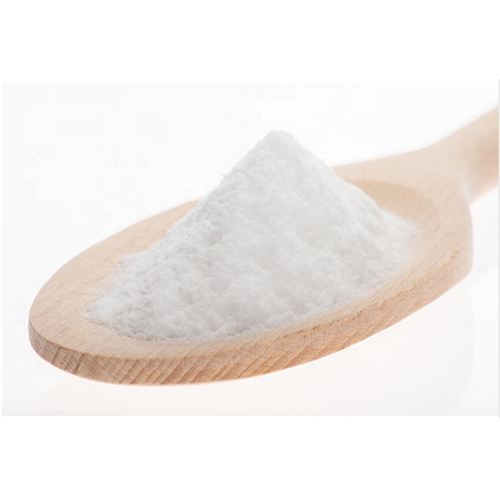Allulose is often compared to other low-calorie sweeteners in terms of taste and texture.
Here are some comparisons of allulose to other popular low-calorie sweeteners:
Stevia: Stevia is a natural sweetener that is derived from the leaves of the Stevia rebaudiana plant. It is much sweeter than sugar and has a distinct aftertaste that some people find unpleasant. Allulose, on the other hand, has a taste and texture very similar to sugar, without the aftertaste.
Aspartame: Aspartame is an artificial sweetener that is commonly used in diet sodas and other low-calorie products. It has a sweet taste, but some people find it has a slightly bitter aftertaste. Allulose has a taste and texture very similar to sugar, without the aftertaste.
Sucralose: Sucralose is an artificial sweetener that is commonly used in low-calorie products. It has a sweet taste, China allulose factory but some people find it has a slightly metallic aftertaste. Allulose has a taste and texture very similar to sugar, without the aftertaste.
Overall, allulose is often considered to have a taste and texture very similar to sugar, without the aftertaste or other drawbacks associated with other low-calorie sweeteners. It is a good choice for people who are looking for a natural, low-calorie sweetener that can be used in a variety of recipes. However, it’s important to note that allulose can be more expensive than other sweeteners, so it may not be the most cost-effective option for some applications.
Are there any potential health benefits or drawbacks to using allulose as a sweetener?
There are potential health benefits and drawbacks to using allulose as a sweetener. Here are some of the key points to consider:
Health benefits:
Low calorie: Allulose is a low-calorie sweetener, so it can be a good alternative to sugar for people who are trying to reduce their calorie intake.
Low glycemic index: Allulose has a low glycemic index, which means it does not cause a rapid increase in blood sugar levels. This makes it a potential alternative sweetener for people with diabetes or those trying to manage their blood sugar levels.
Does not promote tooth decay: Allulose does not promote tooth decay, unlike sugar, which can contribute to tooth decay and cavities.
Health drawbacks:
Limited research: Allulose is a relatively new sweetener, and there is limited research on its long-term effects on health. More research is needed to fully understand its potential health benefits and drawbacks.
Digestive effects: Some people may experience digestive effects, such as gas, bloating, or diarrhea, when consuming allulose in large amounts.
Cost: Allulose can be more expensive than other sweeteners, which may make it less practical for some applications.
Overall, allulose can be a good alternative sweetener for people who are looking to reduce their calorie intake or manage their blood sugar levels. However, it’s important to be aware of the potential digestive effects and the cost of the sweetener. As with any food or ingredient, moderation is key.
